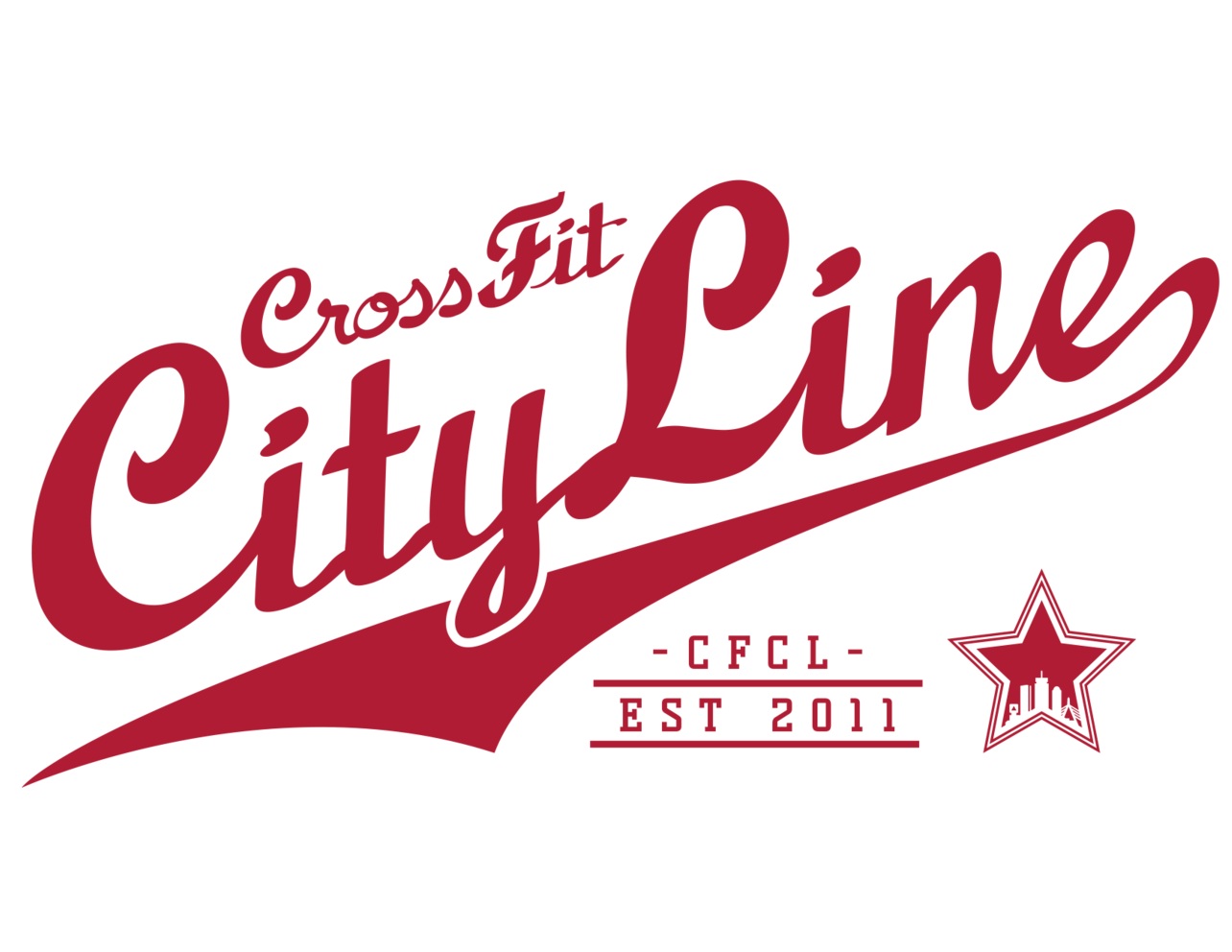Why Is It So Hard to Change Our Habits?
Photo credit: Brett Friel
Changing any habit is challenging.
Working out more times per week. Quitting biting our nails, snacking at night, or smoking. Going to bed earlier. Looking at social media less. Planning our food ahead of time. Saying yes too much. Avoiding procrastination.
Why is it so hard to simply make good decisions for ourselves each day? These are things that we want to do, right?!
Step One
First, we have to understand why we developed those habits in the first place:
Every habit we have served a purpose for us at some point in time. Most "bad" habits are developed as stress relief, and at some point in time, they worked. Now, for whatever reason, they don't work for us anymore, or we're experiencing negative consequences (gaining weight, losing quality sleep or self-care time, comparing our lives to everyone else's, adding too much to our plates), and this is when we decide enough is enough.
So, ask yourself, how did the habit you want to change serve you before? What need was it filling?
I guarantee you that without understanding WHY this habit persists, you will fail to break it.
And this has to do with our next step, which is understanding the way that learning works.
Step Two
Each time we do something, our brain creates a neurological connection. When we repeat a habit or a movement, our brain coats that connection with a substance called myelin. Every coating of myelin allows the signals from the brain to fire faster and faster, until things like walking, driving, and typing feel second nature compared to when we first learned them.
Habits are learned behaviors, just like walking and driving, and the neurological connections that reinforce habits are just as quick to fire as those that allow you to walk without stumbling. Have you ever found yourself hitting the snooze button without thinking about it when you intended to get up early, or with a cookie in your mouth when you've been cutting out sugar, and then realizing that you did the thing you were trying to avoid doing? That's myelination in action. It turns our conscious actions into subconscious ones.
Now that we understand our habits are filling a subconscious need, we can get to a fantastic metaphor from my mindset coach, Tom Foxley: a meadow.
The Meadow
Imagine that you live in a house that sits on the edge of a meadow, and you must visit a well and bring water back to your home. You've trod the path through the meadow now for months, and while the meadow is thriving with tall grasses, brambles, flowers, and wildlife, the path you've walked from your home to the well and back again is clear.
This path is a habit you've formed, and the well you're drawing from is the need it's filling.
All good stories contain conflict, so here it is: you've discovered that the well you've been drawing from has gone dry. There's no water left in it, but you need water, and so, you must now forge a new path from your home to a different well. Here's the problem: the meadow is so thick and lush that it feels nearly impossible to wade through it to get to another water source. Where before you had a clear walk, you're now fighting through thorns, weeds, and roots to get to this new well.
Inevitably, the trek is so taxing that temptation arises: what if there's more water in that old well again? Maybe I should walk down there and check it, just to see. The path is clear, it won't take long.
And before you know it, you're biting your nails, snacking at night, smoking a cigarette, checking Instagram, or procrastinating again.
You can't fill your buckets at the old well. It's dry. You have to find a new well, and remind yourself over and over again that the first well is dry.
Step Three
This is the final step: we must find a new source of water for our home--we have to replace the old habit with a new one.
Lots of people skip the previous steps and jump right to replacing the habit. I said before that changing habits requires understanding what need the habit filled, and this is why: if we built the habit to maintain our social life, if we built it to avoid confrontation, or if we built it to relieve stress, the replacement must serve that need as well. If it doesn't, the habit will not stick. Walking to that well and checking for water is preferable to our brains than staying at home with no water.
It is challenging to change our habits: our neurology is set up to make as much as possible subconscious so that we can devote our conscious mind to staying alive. In order to change a habit, we must understand what need that habit fills for us. We must recognize that habits are subsciously filling that need and we must replace the old habit with a new one that still fills the need.
Think about a habit of yours that you'd like to change. Why does it exist and what can you replace it with that will meet that need?

